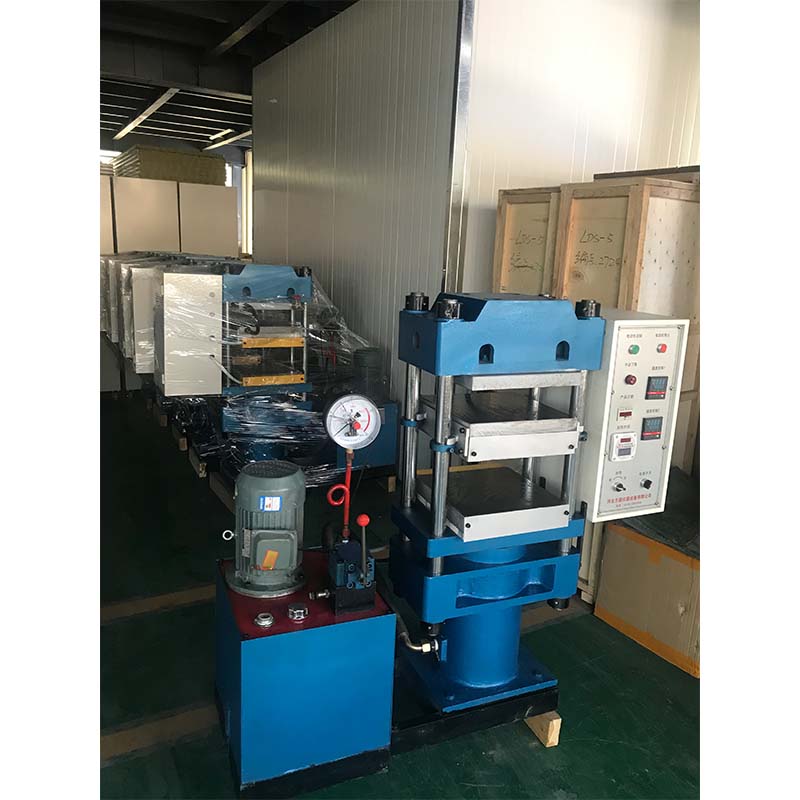Advanced Tools for Measuring Electrical Resistance in Various Applications
Understanding Resistance Measurement Equipment Key Tools for Accurate Testing
Resistance measurement is a fundamental aspect of electrical engineering and electronics. It assesses how much a material opposes the flow of electric current, which is critical for various applications ranging from circuit design to troubleshooting. To perform accurate resistance measurements, a variety of specialized equipment is utilized. In this article, we will explore the different types of resistance measurement equipment, their applications, and how they contribute to reliable electrical testing.
Types of Resistance Measurement Equipment
1. Multimeters One of the most common tools for measuring resistance is the digital multimeter (DMM). These versatile devices can measure voltage, current, and resistance, making them invaluable for electricians and hobbyists alike. A DMM uses a known voltage source and measures the current flowing through the resistor to calculate resistance using Ohm’s Law (R = V/I). Many modern multimeters come equipped with additional features such as auto-ranging, data logging, and the ability to test diodes and transistors.
2. Resistance Bridges For high-precision applications, resistance bridges are often employed. These sophisticated instruments, such as the Wheatstone bridge, can provide very accurate measurements by balancing two legs of a circuit. A known resistance is compared with an unknown resistance until the circuit is balanced, allowing for precise determination of resistance values. Resistance bridges are widely used in laboratories for calibration and standardization purposes.
3. LCR Meters LCR meters, which measure inductance (L), capacitance (C), and resistance (R), are specialized devices frequently used in the testing of passive components. By applying an AC signal to the component under test, LCR meters can deliver accurate resistance measurements across various frequencies. This capability is particularly useful in assessing the properties of capacitors and inductors, making them essential in the design and analysis of complex circuits.
4. Micro-ohmmeters For measurements in the low-ohm range, micro-ohmmeters are utilized. These instruments are designed to measure very low resistance values with high precision. They often employ four-wire measurement techniques, where separate pairs of leads are used for current delivery and voltage measurement. This arrangement minimizes the effects of lead resistance and provides highly accurate results, which are critical in applications like testing the integrity of connections in power distribution systems.
resistance measurement equipment

5. Insulation Resistance Testers Insulation resistance testers are designed to assess the insulation quality of electrical equipment. These devices apply a high DC voltage to the insulation and measure the resistance of the insulating material. Insulation resistance testing is vital for ensuring the safety and reliability of electrical systems, particularly in industries where equipment operates under harsh conditions.
Applications of Resistance Measurement Equipment
The applications of resistance measurement equipment are vast and varied. In industrial settings, these tools are integral to preventive maintenance programs, enabling early detection of insulation breakdown or component failure. In electronics manufacturing, resistance measurement ensures that components meet quality standards and function correctly within circuits.
Moreover, resistance measurements play a crucial role in research and development. Engineers and scientists rely on precise resistance data to develop new materials and conduct experiments that lead to technological advancements. Furthermore, compliance with industry regulations often mandates regular resistance testing, ensuring that equipment operates safely and efficiently.
Conclusion
Resistance measurement equipment is an essential component of modern electrical testing. From basic multimeters to sophisticated micro-ohmmeters, these tools provide critical data necessary for designing, maintaining, and troubleshooting electrical systems. As technology continues to evolve, the accuracy and capabilities of resistance measurement devices will likely improve, further enhancing their importance in ensuring the reliability and safety of electrical equipment. Whether for professional use or personal projects, understanding and utilizing the right resistance measurement equipment is essential for anyone working in the field of electronics.
-
Why the Conductor Resistance Constant Temperature Measurement Machine Redefines Precision
NewsJun.20,2025
-
Reliable Testing Starts Here: Why the High Insulation Resistance Measuring Instrument Is a Must-Have
NewsJun.20,2025
-
Flexible Cable Flexing Test Equipment: The Precision Standard for Cable Durability and Performance Testing
NewsJun.20,2025
-
Digital Measurement Projector: Precision Visualization for Modern Manufacturing
NewsJun.20,2025
-
Computer Control Electronic Tensile Tester: Precision and Power for the Modern Metal Industry
NewsJun.20,2025
-
Cable Spark Tester: Your Ultimate Insulation Assurance for Wire and Cable Testing
NewsJun.20,2025
 Copyright © 2025 Hebei Fangyuan Instrument & Equipment Co.,Ltd. All Rights Reserved. Sitemap | Privacy Policy
Copyright © 2025 Hebei Fangyuan Instrument & Equipment Co.,Ltd. All Rights Reserved. Sitemap | Privacy Policy
